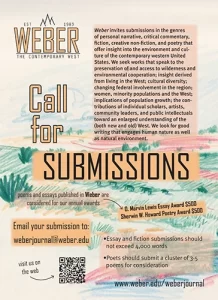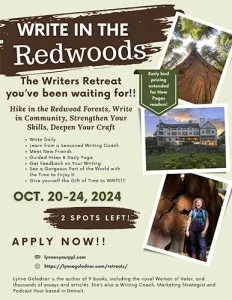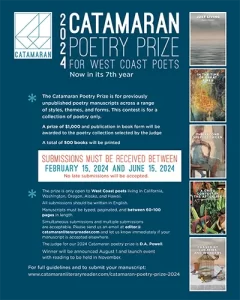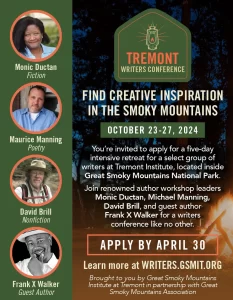Able Muse – Winter 2011
Number 12
Winter 2011
Biannual
Tanya Angell Allen
Although it’s slightly twee, David J. Rothman’s Able Muse conversation with poet David Mason exemplifies the sort of experimentation that makes the magazine well worth reading. Rothman plays with the interview format by occasionally posing questions in poetry, wondering why “prose is what we have to use when we / Decide to have a conversation on / Why we write verse?”
Although it’s slightly twee, David J. Rothman’s Able Muse conversation with poet David Mason exemplifies the sort of experimentation that makes the magazine well worth reading. Rothman plays with the interview format by occasionally posing questions in poetry, wondering why “prose is what we have to use when we / Decide to have a conversation on / Why we write verse?”
Mason replies “Should interviews be very funny? / Should noses like mine be so runny?” He later writes of how “forms / of the articulate are what / we reach for / in our happiness and pain.”
Because the approach is intriguing, one wishes for more information on Rothman’s thought-process and whether answering questions in verse helped Mason reach conclusions he might not otherwise have. Notes like these would not be out of place in Able Muse, which primarily publishes pieces that play with form or teach about craft, and whose main audience seems to be others who play with it as well. Perhaps Editor Alexander Pepple could address these matters and his interesting editorial choices in his introductions. Why is there less light verse in the Winter issue than in the previous print editions? How has readership changed since the magazine changed from on-line to print? Such transparency about his editorial craft would be welcome, making the magazine even more of a muse to other writers and editors.
Elsewhere in this issue, Andrew Frisardi introduces his excerpt of Dante’s “Vita nova” by talking of the specific literary choices he made in translating it. Seree Cohen Zohar breaks down the format of psalm sequences. A series of waterscape photographs by the excellent Alper Çukur is prefaced by an interview by Sharon Passmore about his cameras and use of long exposure.
Although they advertise that they’re open to both metrical and free verse, Able Muse shows a definite preference for formal poems. For instance, the first in the magazine, Suzanne J. Doyle’s “Dakota,” is in quatrains of rhyming couplets. The second is a villanelle by Midge Goldberg. The winner of this year’s Able Muse poetry contest is a sonnet sequence by Jean L. Kreiling. There are free verse poems in the magazine too, including two by Lyn Lifshin, but Lifshin is known for writing a certain sort of metrical-sounding, long, skinny free verse poem so often that a case could be made that she’s writing in form—i.e. the “Lyn Lifshin form.”
This issue also contains the well-deserved winner of the Able Muse fiction contest—Douglas Campbell’s “Sunflowers, Rivers”—in which a boy first recognizes his mother as a sexual being. Elsewhere, Stephen Collington experiments with the book review format, beginning a discussion of Michael O’Siadhail’s Tongues with a picture of Edgar Allan Poe next to a picture of a tree to represent the word “poetry.” And then there’s the lovely “Street Song” by William Conelly, with the refrain “Fortune save you, Brother Crow.” It’s a poem that, like the best parts of Able Muse, is serious, playful, and a potential muse for those who wish to write well.
[www.ablemuse.com]




